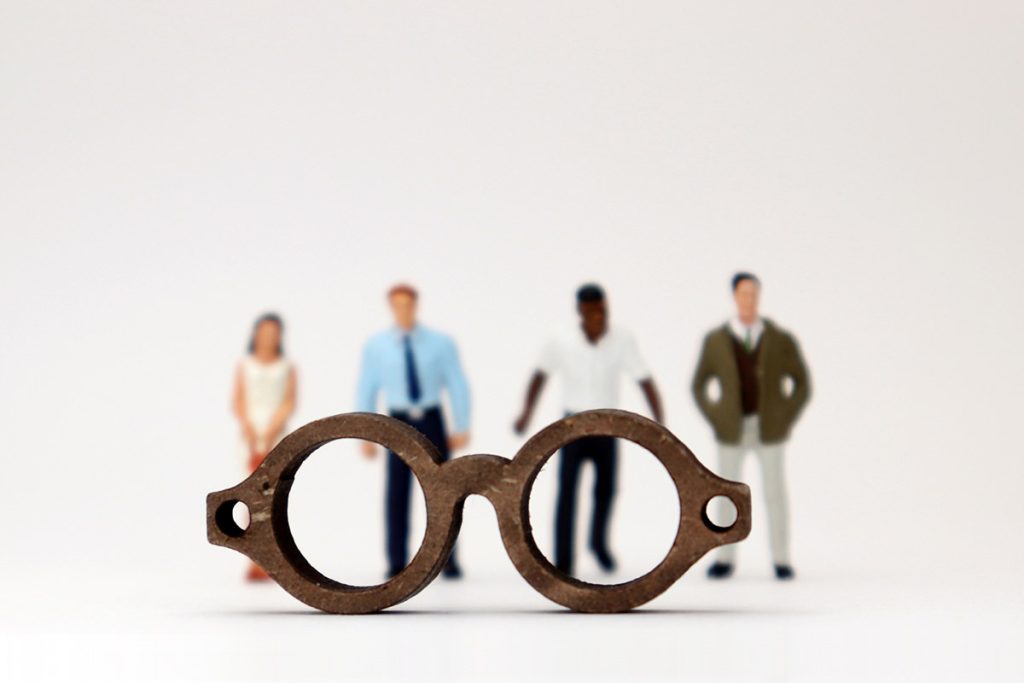The jury selection process is a critical period in the criminal justice system, as it ultimately leads to the formation of a group that will make important decisions on the fate of the accused. However, often the pool from which citizens are drawn has outside factors that can influence its members and favor certain backgrounds or perspectives.
It's important to understand that jurors are human beings who inevitably bring their implicit biases and opinions into the courtroom.
Understanding these common biases that can arise during the jury selection procedure is an essential step for anyone trying to ensure a fair trial with unbiased and qualified jurors.
In this article, we explore the main biases that lawyers and judges should be aware of, such as political affiliation, group affiliations, education, employment history, and geographic location. By taking these factors into account, legal professionals can help promote a fair and just trial for all parties involved.
The Impact of Political Affiliation on Juror Bias
Political affiliation is an individual’s inclination towards a certain political party or ideology. Political affiliation can significantly impact a potential juror’s decision-making process, leading to bias. The perception of evidence and the level of guilt assigned to a defendant may be influenced by political beliefs, creating a convoluted trial.
The 2016 double murder in Contra Costa County was retried, for example, because one juror has a political affiliation with the Black Lives Matter Group. It’s essential to acknowledge the influence of political affiliation in the courtroom to ensure unbiased representation for all parties involved.
The Impact of Group Affiliations on Juror Bias
Group affiliations refer to the various social, religious, cultural, racial, or ethnic groups to which individuals belong and can range from religion and ethnicity to political leanings and social class.
Jurors who identify with a particular group, whether consciously or subconsciously, may exhibit bias towards or against certain defendants. These biases can result in different verdicts even when presented with the same evidence.
A few high-profile cases in recent years have highlighted the impact of group affiliations on juror bias, including the Glen E. Bates case which was later overturned after a juror was found to have racial biases against African American people. The Boston Marathon bombing trial was also poisoned by a juror who was racially biased against Muslim people.
Understanding how group affiliations can influence jury decision-making is crucial in ensuring your panel is filled with qualified jurors.
Read more: What is Jury Pool Research and Why is It Important?
The Impact of Education and Employment History on Juror Bias
A prospective juror’s education and employment history can play a significant role in shaping their attitudes and beliefs, affecting the way they view the evidence and make decisions.
For example, a potential juror with a background in law enforcement may be more likely to trust the testimony of police officers, while a prospective juror with a history of finance may be more sympathetic to defendants who come from a similar background.
This phenomenon has been seen in a number of high-profile cases, including the Rodney King trial, showcasing where jurors’ education and employment backgrounds were found to have heavily influenced their verdicts. It’s clear that we need to address potential juror biases in the jury selection process to ensure that our justice system is fair and impartial for all.
The Impact of Geographic Location on Juror Biases and Opinions
Jurors play a crucial role in the American justice system. But did you know that where those jurors live can have a significant impact on their biases and opinions?
A person's geographic location can influence their perspective on a variety of issues, including politics, culture, and even crime.
When it comes to serving on a jury, those opinions can have a major impact on the outcome of a trial. For example, someone from East Atlanta may have a very different opinion on testimonies versus someone from Sandy Springs based on their lived experience in their geographical location. This can lead to conflicting perspectives that make it difficult to reach a fair and impartial verdict.
Understanding how geography can shape prospective juror opinions is critical to ensuring that our justice system remains just and equitable for all.
Preventing Biased Juries in the Selection Process
As we come to the end of this article, it’s essential to recap the main biases we’ve explored; political affiliation, group affiliation, education, employment, and geographical location can all impact a juror’s ability to be impartial. In light of this, it’s crucial for lawyers and judges to be aware of prospective juror biases during jury selection.
By taking proactive measures to exclude biased jurors, you can ensure your right to a fair trial. We call upon lawyers and judges to do their part in eliminating biases during jury selection. If you need professional jury pool research for an upcoming trial, don’t hesitate to contact InQuest Solutions. We specialize in providing attorneys with the data they need to ensure your constitutional right to a fair and impartial jury.
For more information on how to ensure a fair trial with unbiased and qualified jurors, read our blog Selecting the Best Private Investigator For Your Jury Pool Research.
Contact InQuest Solutions today to ensure a fair trial!

